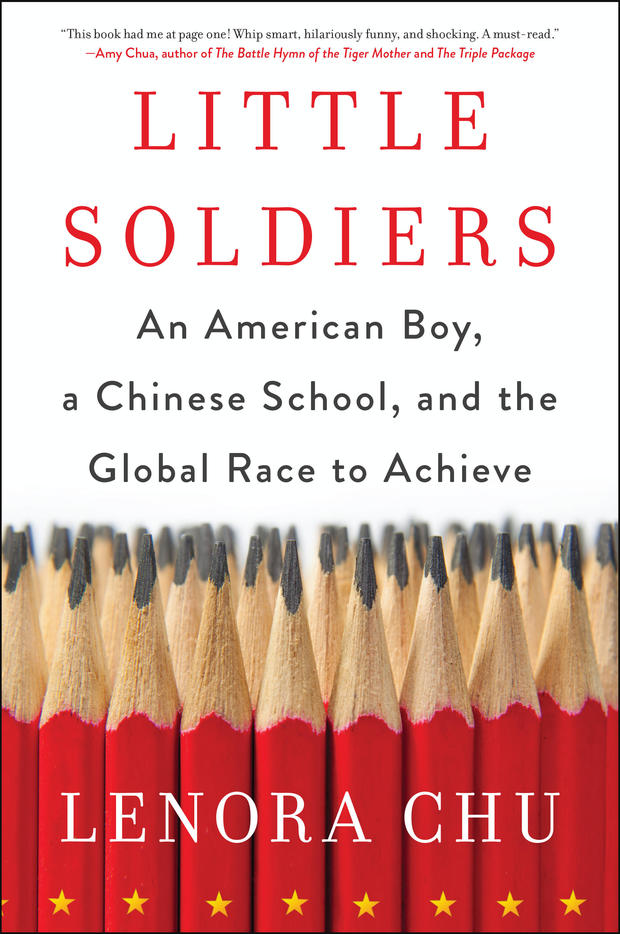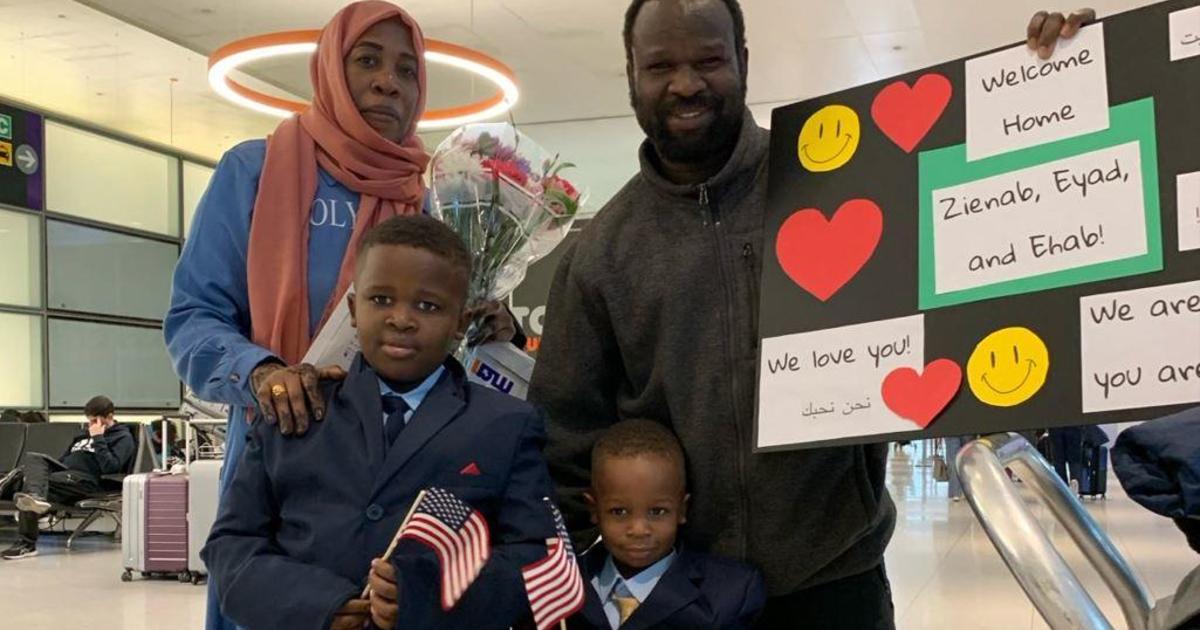Author Lenora Chu on the pros and cons of China's "military-like" classrooms
In 2010, Chinese-American journalist Lenora Chu moved with her family to Shanghai where students regularly have some of the top math and reading test scores in the world. When her then-3-year-old son was admitted to a prestigious Shanghai preschool, Chu was quickly confronted with the stark differences between American classrooms and the often highly-praised Chinese approach to education.
She decided to write a book about the experience, called "Little Soldiers: An American Boy, A Chinese School, and the Global Race to Achieve." it offers an unfiltered look at the how the two countries' approaches differ and what we can learn from both to find an effective middle ground.
Chu told "CBS This Morning" an anecdote about her son's first week of school in Shanghai when the teacher put eggs – a food he hated – into her son's mouth and held it shut until he swallowed. Chu was upset and confronted his teacher about it.
"In America, we don't use methods of force. We incent our children to choose," Chu said to the teacher, who then responded, "Does it work?" Later, the teacher scolded Chu for questioning her authority in front of a child.
Being a journalist, she decided to investigate the differences she was seeing between Chinese and American classrooms, chief among them a focus on the needs of the whole class rather than, and sometimes over, the individual.
"There are some things that we can learn from the [Chinese] system and one of them is this belief in grit in the classroom. There's a term in Chinese culture called 'chi ku' – eating bitter – and we believe that hard work is connected to achievement. In America, the studies show we're more likely to believe in talent when it comes to academics. And that means we're sort of giving up on some kids because we don't think they have what it takes," Chu said.
But during her research she also found a critical gap in "military-like" Chinese education that the U.S. covers well.
"We do things really well in America in some areas and one of them is that were constantly asking kids what they think," Chu said. "So we're teaching our kids critical thinking skills in the classroom. They go home and parents ask the same questions and that is not what the average Chinese child is getting."
Chu also found that Chinese schools expect parents to play a much larger role in their child's education than American schools do.
"My son's principal the first day says, 'We don't pick children, we pick parents,'" Chu recounted. "There's a lot of pressure for the entire family to be involved in the child's education."
As for Chu's own son, she's been able to find a happy medium between the two philosophies.
"So he has a 'teacher knows best' classroom and there are some things — he's doing really, really well at math, and some studies show that some subjects are better taught in a teacher-centered classroom. But then he has us at home and he has an equal seat at the table with us so I feel like I'm able to give him that sort of middle ground."




